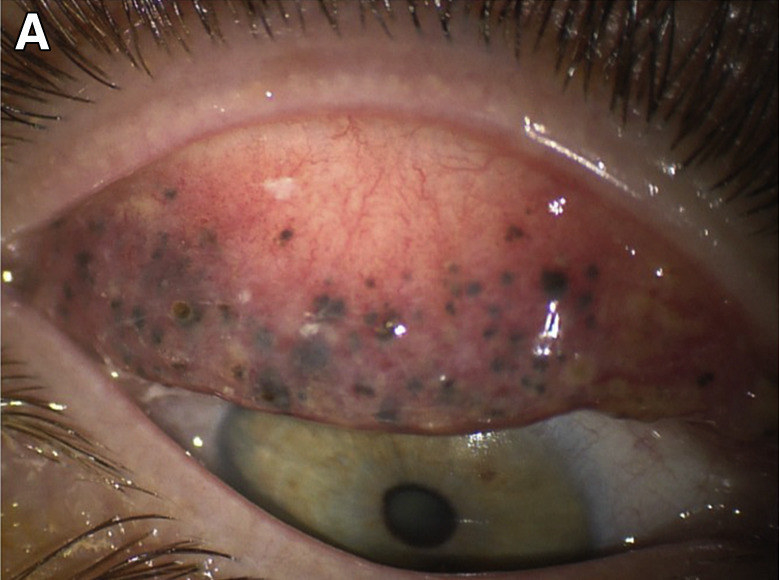

Over-the-counter decongestants and other products can help with some symptoms in the meantime. Most upper respiratory infections will go away on their own. The primary treatment for allergies is to identify and avoid triggers.
medications, which might include antacids to help relieve heartburn. lifestyle changes, such as stopping smoking and avoiding foods that trigger heartburn. Management strategies for GERD and LPR include: The treatment for coughing up phlegm depends on its cause. It is vital to report these symptoms to a doctor for immediate treatment. swelling of the ankles, legs, feet, and abdomen. Heart failure is a condition in which the heart cannot correctly pump or relax to circulate blood around the body. Some lung diseases, such as asthma and chronic obstructive pulmonary disease (COPD), cause a persistent cough and excess phlegm. Learn more about air pollution and its effects on health here. This irritation can cause a cough with excess phlegm. Environmental factorsĮxposure to certain irritants, such as smoke and other fumes, can irritate the airway. This can cause a person to cough up phlegm. Some people with allergies may also develop a postnasal drip, which occurs due to excess mucus production that leaks down the throat. This can cause heartburn and other symptoms, including:Īllergic rhinitis causes similar symptoms to a cold, such as: LPR can occur due to dysfunction in the lower esophageal sphincter, esophagus, and upper esophageal sphincter. However, in people with LPR, stomach acid can move up into the esophagus, the voice box, and even the nasal cavity. Laryngopharyngeal reflux (LPR) is similar to GERD. The main symptom of GERD is heartburn, though acid reflux can also cause a cough.Īpproximately 18–28% of people in the United States will experience GERD at some point. GERD can occur due to dysfunction in the lower esophageal sphincter, a hiatal hernia, or dysfunction in the esophagus. Other possible causes of coughing up phlegm include: Acid refluxĪcid reflux, also known as gastroesophageal reflux disease (GERD), is when stomach acid moves up into the esophagus (food pipe). They may produce longer-lasting symptoms. Lower respiratory tract infections, which include bronchitis and pneumonia, are more serious. These illnesses will typically also cause: Share on Pinterest Illustration by Jason Hoffman.Ĭough and excess mucus production are common symptoms of upper respiratory tract infections.






